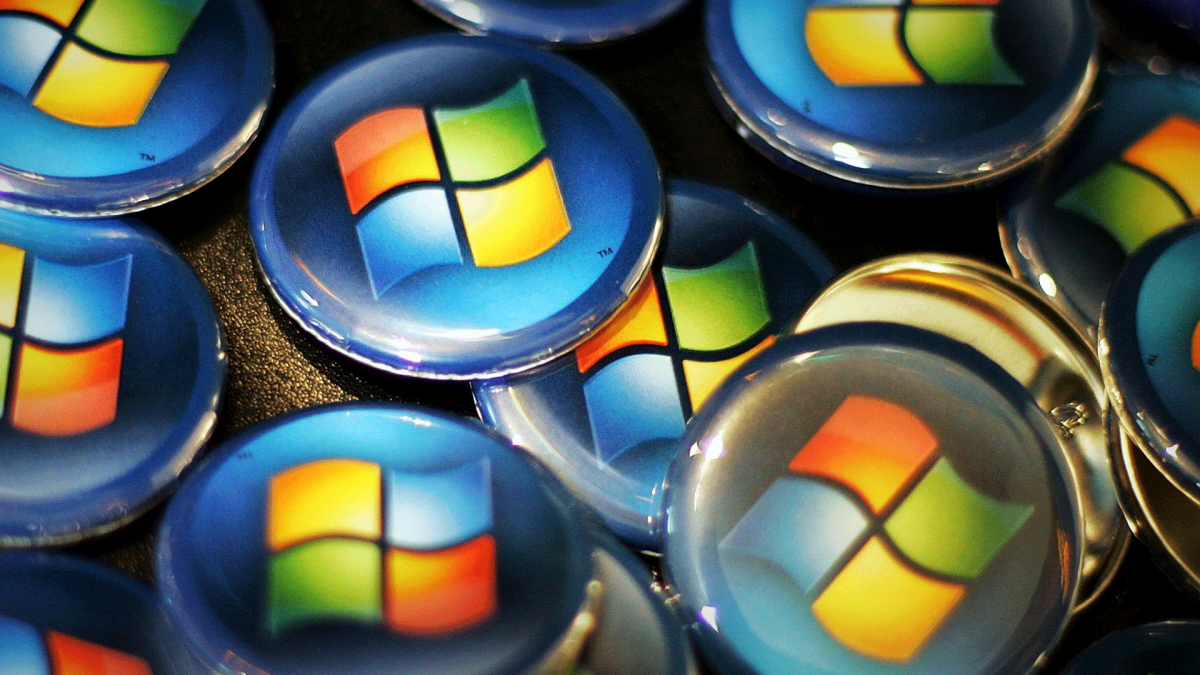
Microsoft (MSFT) shares edged lower ahead of its December quarter earnings after the close of trading Tuesday as investors look to the tech giant's near-term demand outlook, as well as profit margins in its key cloud division, to bolster the sector's solid January gains.
Analysts will likely focus on growth rates in the group's key Azure cloud division, amid both broader concerns for business investment in a weakening economy and narrowing profit margins.
In terms of its overall earnings print, the Street is looking for an adjusted bottom line of $2.30 per share for Microsoft's fiscal second quarter on revenues of around $52.97 billion.
Microsoft itself forecast lower-than-expected revenues from its umbrella 'intelligent cloud' division, which it sees between $21.25 billion and $21.55 billion, as well as its personal computing business, with a forecast range of between $14.5 billion and $14.9 billion, when it published first quarter earnings in October.
Revenues for Azure, its flagship cloud division, rose 35% from last year over the three months ending in September, slowing notably from its prior quarter gains as companies pulled back on investment spending. That rate will slow further into the three months ending in December, Microsoft's fiscal second quarter, even after stripping away the impact of the stronger U.S. dollar.
UBS analyst Karl Keirstead lowered his rating on Microsoft to 'neutral' from "buy' earlier this month, while shaving $50 from his price target to $250 per share, as he cautioned that its Azure cloud offering is heading for a sharp deceleration in growth, due to what he called "maturation, not just a tough macro".
He also noted vulnerability in Microsoft's Office 365 business -- "a remarkably steady machine of late" -- as clients cut back on hiring and retrench for slower growth.
"While we see Microsoft's broad platform as highly defensible in a challenging macro environment, the company faces macro headwinds as do other software companies, and this quarter could see some risk to cloud as cloud opex faces increased scrutiny," said KeyBanc Capital Markets analyst Michael Turits, who carries an 'overweight' rating and a $275 price target on the stock.
"We also expect increased headwinds for the Company's Windows OEM, Surface, and Xbox console businesses with a diminished PC and consumer device outlook," he added.
Microsoft shares were marked 0.2% lower in mid-day trading Tuesday and changing hands at $242.05 each, clipping its one-month gain to just over 2%.
The Nasdaq, powered by big tech gainers and a solid rebound for chip stocks, notched its strongest close since early December last night and is up more than 9.4% for the year. The S&P 500, meanwhile, have carved out a decent January advance of 5.1%.
Last week, the group also unveiled plans earlier this month to slash around 5% of its global workforce, and take a $1.2 billion charge against its current quarter earnings, as it looks to 'align costs' with customer demand and boost investment in areas such as AI and other advanced technologies.
Microsoft said the cuts, which it expects to conclude in March, will result in the loss of around 10,000 jobs and a 12 cent hit to December quarter earnings, but added that it would continue to invest in areas such as AI and other advanced technologies. The group had said in October that it only forecast "minimal" headcount growth over the final three months of the year.
The tech giant's job cuts follow big headcount moves from Amazon (AMZN) and Meta Platforms (META) late last year, with the former unveiling plans to reduce its global workforce by around 18,000 and the latter planning job cuts of around 11,000.
Earlier this month, the world's biggest enterprise software group Salesforce (CRM) also unveiled plans to cut around 10% of its global workforce amid a restructuring strategy under stand-alone CEO Marc Benioff.







